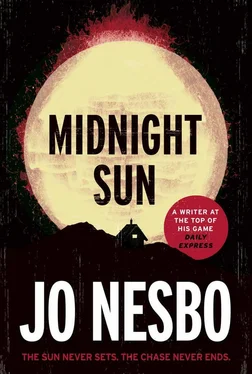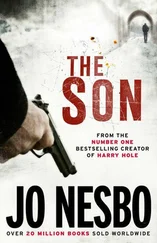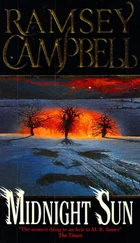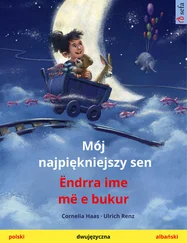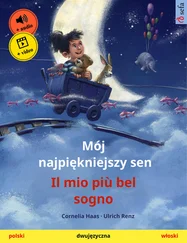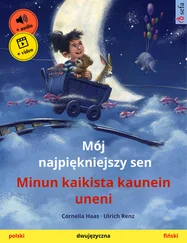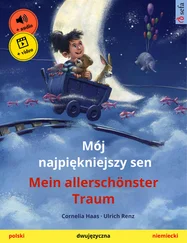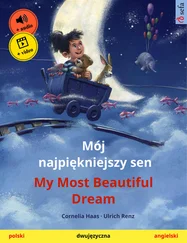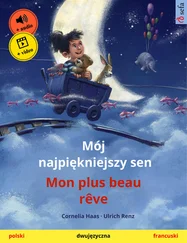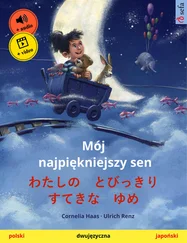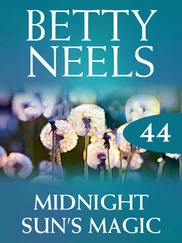‘It sounds like you could just have told the officers about him,’ I said. ‘And achieved the same result.’
‘Possibly. But I preferred to do it myself.’
Jakob Sara put his hand on my shoulder.
‘I can feel it’s better,’ he said.
‘Sorry?’
‘Your shoulder.’
Then he smiled that wilfully meek smile, raised his bushy eyebrows as if he had just thought of something that needed doing, turned round and left.
Lea was already sitting in the car when I reached the house.
I got in the passenger seat. She was wearing a simple grey coat and a red silk scarf.
‘You’ve dressed up,’ I said.
‘Nonsense,’ she said, turning the key in the ignition.
‘You look nice.’
‘I haven’t dressed up. They’re only clothes. Was he being mean?’
‘Your father? He was just sharing some of his wisdom with me.’
Lea sighed, put the car in gear and released the clutch. We set off.
‘And the talk you had with Mattis outside the prayer hall, was that about wisdom as well?’
‘Oh, that,’ I said. ‘He wanted me to pay for some of his services.’
‘And you don’t want to?’
‘I don’t know. I haven’t decided yet.’
Down by the church a figure was walking along the side of the road. As we passed I looked in the wing mirror and saw her standing in the cloud of dust watching us.
‘That’s Anita,’ Lea said. She must have seen me looking in the mirror.
‘Oh,’ I said, as neutrally as I could.
‘Speaking of wisdom,’ she said, ‘Knut told me about the conversation you had with him.’
‘Which one?’
‘He says he’s going to get a girlfriend after the summer. Even if Ristiinna says no.’
‘Really?’
‘Yes. He told me that even Futabayama the sumo legend kept on losing and losing before he started winning.’
We laughed. I listened to her laughter. Bobby’s had been light and bubbly, like a lively stream. Lea’s was a well. No, a slowly flowing river.
In places the road curved and passed through gentle slopes, but mostly ran straight across the plateau, kilometre after kilometre. I held the strap above the door. I don’t know why — you don’t exactly have to hold on when you’re going at sixty kilometres an hour along a flat, straight road. I’ve always done it, that’s all. Holding the strap until my arm goes numb. I’ve seen other people do the same. Maybe people do have something in common after all, a desire to hold onto something solid.
Sometimes we could see the sea, at other times the road ran between hills and low, rocky knolls. The landscape lacked the striking drama of Lofoten or the beauty of Vestmark, but it had something else. A silent emptiness, a reticent relentlessness. Even the greenery of summer held a promise of harder, colder times that would try to pull you down, and which would win in the end. We encountered very few other vehicles, and saw no people or animals. Every so often there was a house or cabin, which raised the question: why? Why here, of all places?
After two and a half hours the houses began to appear more regularly, and suddenly we passed a sign at the side of the road that said ‘Alta’.
We were — to judge by the sign — in a city.
When we came to some crossroads — the shops, schools and public buildings that surrounded it all adorned with the town’s coat of arms, a white arrowhead — it turned out that the city didn’t just have one centre, but three. Each of them was like a very small community of its own, but all the same: who would have guessed that Alta was a miniature Los Angeles?
‘When I was little, I was convinced that the world ended here in Alta,’ Lea said.
I wasn’t sure that it didn’t. According to my estimation, we were now even further north.
We parked — not a huge problem — and I managed to buy the things I wanted before the shops shut. Underwear, boots, a raincoat, cigarettes, soap and shaving equipment. Afterwards we went to a branch of Kaffistova for dinner. With the taste of fresh cod still in my mind, I searched in vain for fish on the menu. Lea shook her head with a smile.
‘Up here we don’t eat fish when we go out,’ she said. ‘When you’re out, you want something fancy.’
We ordered meatballs.
‘When I was growing up, this was the time of day I liked least,’ I said, looking out at the deserted street. Even the urban landscape had something oddly desolate and relentless about it: here too you had a nagging sense that nature was in control, that human beings were tiny and impotent. ‘Saturday after closing time, before evening fell. It was like the no man’s land of the week. Sitting there with the feeling that everyone else had been invited to a party or something that was about to start. Something everyone else knew about. While you yourself didn’t even have any other loser friends you could pester. It got better after the news at seven o’clock, then there was something on television and you had stuff to take your mind off it.’
‘We didn’t have parties or television,’ Lea said. ‘But there were always people around. As a rule they wouldn’t even knock, they just came in and sat in the living room and started talking. Or they just sat there quietly and listened. Father did most of the talking, of course. But Mother made the decisions. When we were at home, she was the one who decided when Father needed to calm down and give other people a chance, and when they had to go home. And we were allowed to stay up and listen to the grown-ups. It was so safe, so good. Once I remember Father crying because Alfred, a poor drunk, had finally found Jesus. When he discovered a year later that Alfred had died of an overdose down in Oslo, he drove four thousand kilometres to pick up the coffin and bring it back here so he could have a decent burial. You asked me what I believe in...’
‘Yes?’
‘That’s what I believe in. People’s capacity for goodness.’
After dinner we went outside. It had clouded over, creating a dusk of sorts. Music was streaming from the open door of one of the kiosks advertising hotdogs, French fries and soft ice cream. Cliff Richard. ‘Congratulations.’
We went in. There was a couple sitting at one of the four tables. They were both smoking, and looked at us with visible disinterest. I ordered two large ice creams with chocolate sprinkles on. For some reason, the white ice cream that oozed out of the machine and curled neatly into the cones made me think of a bridal veil. I took the cones over to Lea, who was standing by the jukebox.
‘Look,’ she said. ‘Isn’t that...?’
I read the label behind the glass. Inserted a fifty-øre coin and pressed the button.
Monica Zetterlund’s cool but sensual voice crept out. As did the smoking couple. Lea leaned against the jukebox; it looked as though she was soaking up every word, every note. Eyes half closed. Hips swaying almost imperceptibly from side to side, making the hem of her skirt move. When the song was over, she put another fifty øre in and played it again. And then again. Then we went out into the summer’s evening.
Music was coming from behind the trees in the park. We automatically walked towards the sound. There was a queue of young people in front of a ticket booth. Happy, noisy, dressed in light, bright summer clothes. I recognised the poster on the ticket booth from the telephone pole in Kåsund.
‘Shall we...?’
‘I can’t,’ she smiled. ‘We don’t dance.’
‘We don’t have to dance.’
‘A Christian doesn’t go to places like that either.’
We sat down on one of the benches under the trees.
‘When you say Christian...’ I began.
‘I mean Læstadian, yes. I know it can all seem a bit odd to an outsider, but we stick to the old Bible translations. We don’t believe that the contents of the faith can be changed.’
Читать дальше
